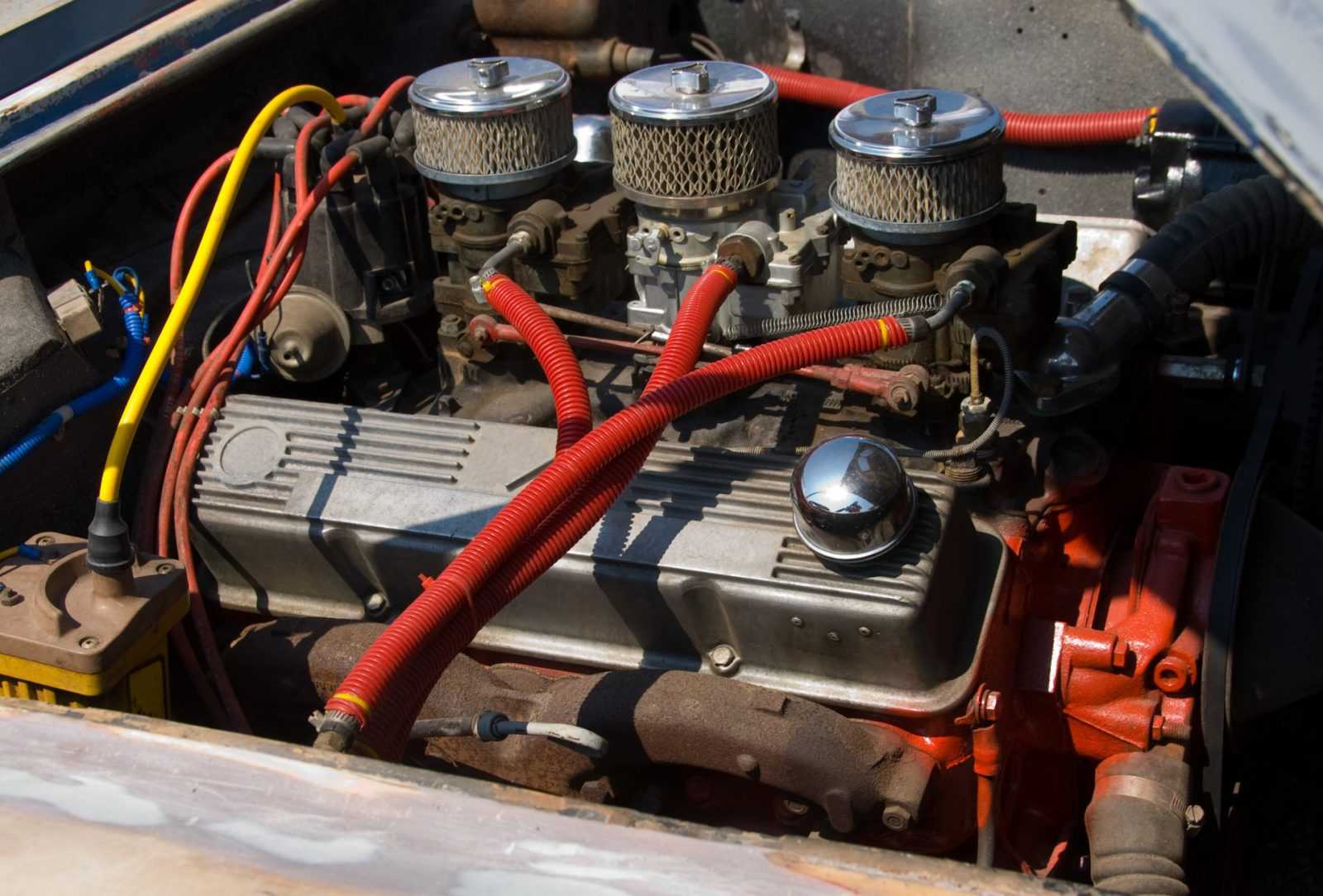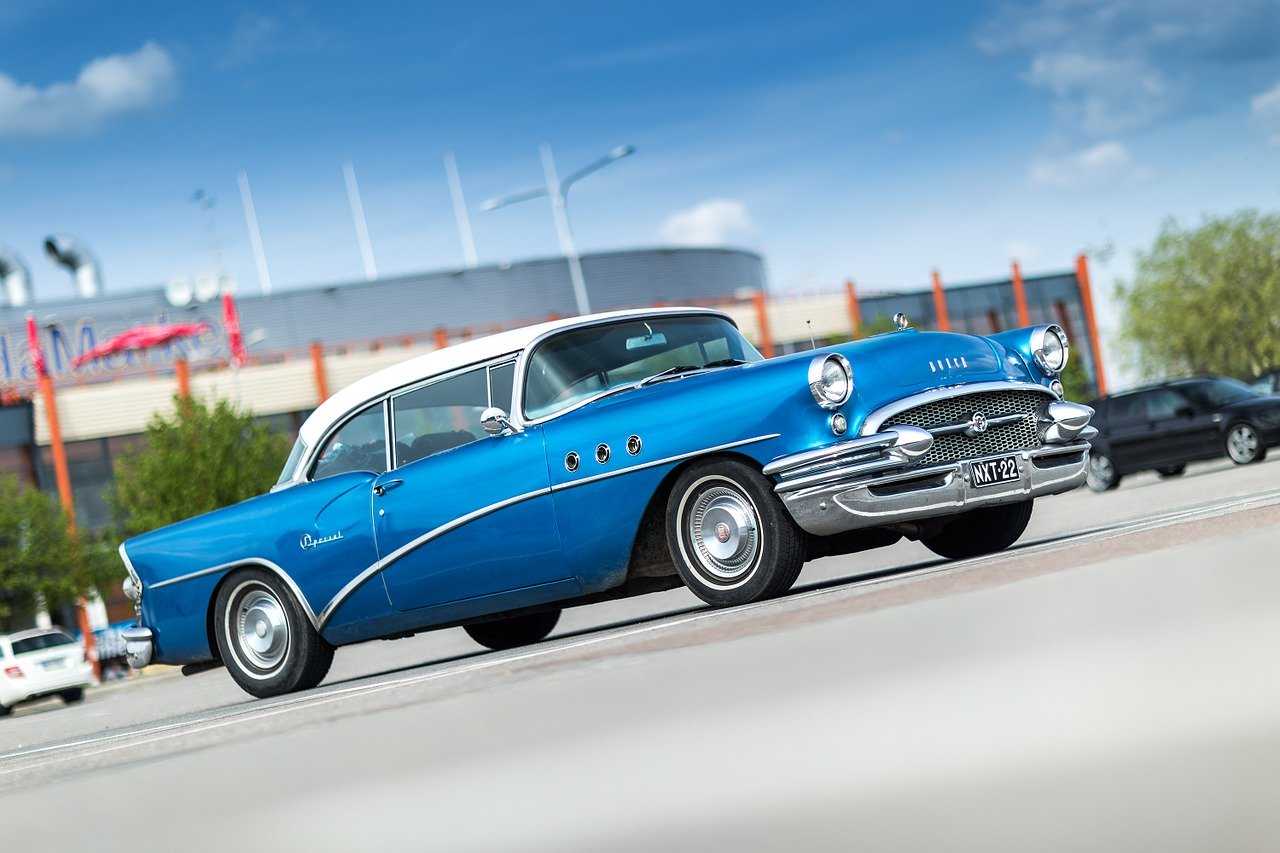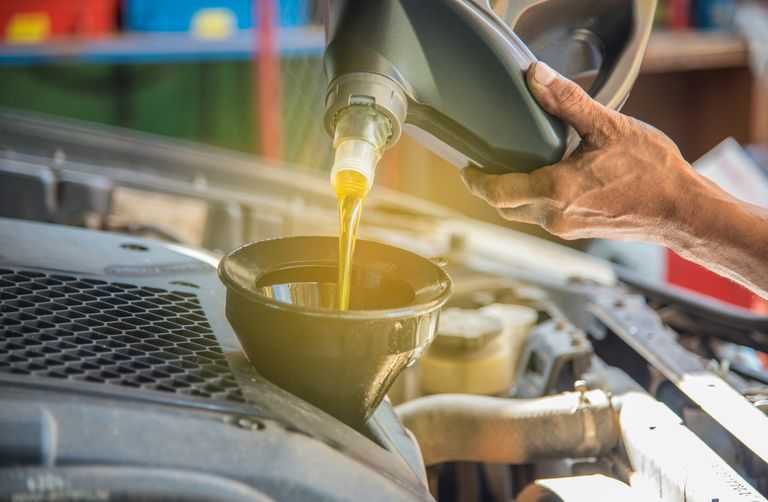Major oil brands that produce high-mileage oil market their products having anti-aging and anti-wear properties for the engine of old cars. These oils are supposed to have additives that help engines that have run more than 75,000 miles to stay in good shape. These oils, mostly a blend of synthetic- and petroleum-based oils, cost a few dollars more per quart than traditional motor oils. Is high-mileage oil worth it?
You will find several motor oil brands advertising different types of oil formulations, claiming to be the best solution for taking care of a car’s engine. Does high mileage oil work in improving fuel efficiency, helping with running a cleaner engine, and enhancing a vehicle’s overall performance?
Contents
How High-Mileage Oils Help an Engine?
A motor vehicle is a big machine and like all other machines, its components are supposed to wear out and deteriorate over time. Running all these mileages takes a toll on a car’s engine and some of its parts don’t work as they should be. Some areas that get affected the most are valve seals, piston rings, rod bearing connections, and crankshaft. All engine parts are likely to develop some slop and wastage.
The engines in some old cars may have some ridge at the top of the piston. They may also have worn out cylinder walls. In a word, worn out seals, deteriorated connections, and sludge buildups are some of the common problems in high-mileage engines. These problems, along with bad driving habits, cause worn-out components, blowby of gases, and oil leaks.

The Useful Properties of High-Mileage Oil
High-mileage oils are specially designed to help engines that have over 75k to 100k miles on the odometer. They have additive packages that benefit an old engine by:
- Regenerating the gaskets and swelling the seals back to their previous shape, leading to sealing engine leaks. The seal conditioners in the oil do such repair work.
- Keeping the oil thicker as they have viscosity modifiers.
- Reducing sludge and carbon buildup as they have detergent elements.
- Reducing friction with friction modifiers, which helps to make up for the lost internal tolerances between parts in motion.
- Preventing corrosion in internal parts as the additive packages also have anti-corrosion agents.
Remember that high-mileage oil is designed for older vehicles when the engine has started to decline and lose oil pressure. Using this on a new vehicle may invalidate the manufacturer’s warranty. Although, some oil brands claim that their high-mileage oil is suitable for both old and new vehicles.
Some top-of-the-line high-mileage oils are synthetic blends. Synthetic oil is already high quality, and it brings added protection to the high-mileage formulation. Such blends maintain the same viscosity across various temperatures, which help the vehicle to produce the same performance across different weather conditions.
Is High-Mileage Oil Worth It?
Do I need high–mileage oil?—that you might be asking yourself after reading the above discussion. Does the oil deliver proper value for the money spent on it?
Many automobile experts talk in favor of it. A vehicle running over 75,000 miles faces several issues, which a high-mileage oil can help address. It helps to run an old engine in optimum condition longer.
Is high-mileage oil worth it? We’ve already pointed out how this oil helps an automobile engine. Now, let’s discuss those points further.
SEE MORE
Removing engine sludge
Not changing the oil at the scheduled time leads to breakdown and thickening of the oil, resulting in tar-like dregs in the engine. Such buildups affect engine performance and quicken the wear of various parts. High-mileage oil solves these issues by removing the sludge.
Sealing leaks
Seals of various engine components can scrape away, causing leak formation and oil dripping. These oils have additives that protect those damaged seals from becoming worse. As a result, oil cannot leak through the holes caused by this problem.
Such oil leakage creates unnecessary oil burn-off. For example, an engine burns more fuel when oil leaks through the oil control ring. The volatility of high-mileage oil reduces such burning in older vehicles and increases fuel efficiency.
Reducing normal wear and tear
Various engine parts and seals wear out over time, and this rate is faster in older engines. High-mileage oil protects critical parts by preventing damage rate with wear protection.
Is high-mileage oil worth it? Yes, it is. You may have already understood that maintaining an old car requires plenty of money. It’s definitely worth it if you can save that expense by spending a few extra dollars at each oil change.
When Should You Switch to High-Mileage Oil?
Is high-mileage oil worth it? You’ve already got your answer. But what’s the best time to switch to high-mileage oil?
Experts have two different opinions about this issue. One group suggests changing the oil when the car hits 75,000 miles. The other group does not believe in mileage. They recommend using it whenever the engine shows some wear signs such as oil leakage, creating various types of noises, low fuel economy, and poor performance.

The best way is to wait until the car’s warranty period is over. High-mileage oils are usually not API licensed, so using them is likely to void that warranty. You can always take the car to the dealer as long as there is a warranty. After that, use the oil whenever the engine leaks or produces rattling sounds even if it has not crossed the 75,000 miles threshold.
The Bottom Line
High-mileage oils have various properties that are good for older engines. They have detergents, friction additives, viscosity modifiers, properties for swelling seals, and many other ingredients that take care of engine parts and keep your vehicle running without trouble for a long time.
If you compare high mileage oil vs regular oil, the first one is definitely better for old and used vehicles. It saves plenty of money in repair and maintenance expenses by keeping engine components in good health.



